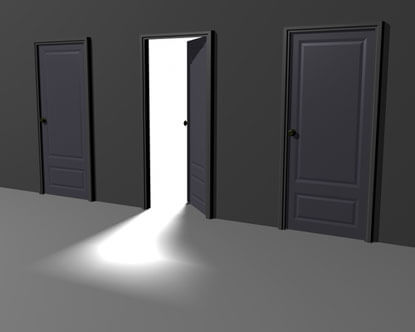Four companies have begun patient testing on new painkillers containing a pure version of the highly addictive hydrocodone, and one of them. One of these companies, Zogenix of San Diego, has plans to apply early next year to begin marketing its product, Zohydro.
If this product is approved, it would be the first time patients would be legally able to purchase pure hydrocodone. Currently, existing painkillers are made up of a combination of non-addictive and addictive painkillers. Non addictive painkillers include acetaminophen.
Hydrocodone is from the family of drugs known as opiates or opioids; chemically, they are similar to opium. These include morphine, heroin, oxycodone, codeine, and methadone.
Those opposed to the move are concerned about Zohydro, a timed-release drug meant for managing moderate to severe pain. Why? Abusers could crush it for an intense, immediate high.
April Rovero, president of the National Coalition Against Prescription Drug Abuse said in the recent cbsnews.com article: “I have a big concern that this could be the next OxyContin. We just don’t need this on the market.”
OxyContin, introduced in 1995 by Purdue Pharma of Stamford, Conn., was designed to manage pain with a formula that dribbled one dose of oxycodone over many hours. However, abusers soon found out they could get around that by crushing the pills. Although Purdue Pharma altered the formula to make the pill more tamper-resistant, addicts began choosing generic oxycodone and other drugs that are not time-released.
Oxycodone is now the most-abused medicine in the U.S., with hydrocodone second, according to the Drug Enforcement Administration. These studies follow the entry of more and more pharma companies into the $10 billion-a-year legal market for powerful yet highly addictive opioid narcotics.
Although opiates block pain, they also cause intense feelings of well-being and can create physical dependence. Withdrawal symptoms can be severe, and include cramps, diarrhea, unclear thinking, nausea and vomiting. Over time, opiates stop working, thus forcing users to take stronger doses.
Andrew Kolodny, president of Physicians for Responsible Opioid Prescribing was quoted as saying: “You’ve got a person on your product for life, and a doctor’s got a patient who’s never going to miss an appointment, because if they did and they didn’t get their prescription, they would feel very sick. It’s a terrific business model, and that’s what these companies want to get in on.”
Karsten Lindhardt, chief executive of Denmark-based Egalet, which is testing its own pure hydrocodone product, was quoted as saying: “Sometimes you circulate a patient between various opioids, and some may have a better effect than others.”
The downside? New narcotic painkillers could result in increased murders, pharmacy robberies, and millions of dollars lost by hospitals to treat overdose victims. In addition, thousands of legitimate pain patients are becoming addicted to powerful prescription painkillers, as well as those thousands more who abuse them illegally.













































